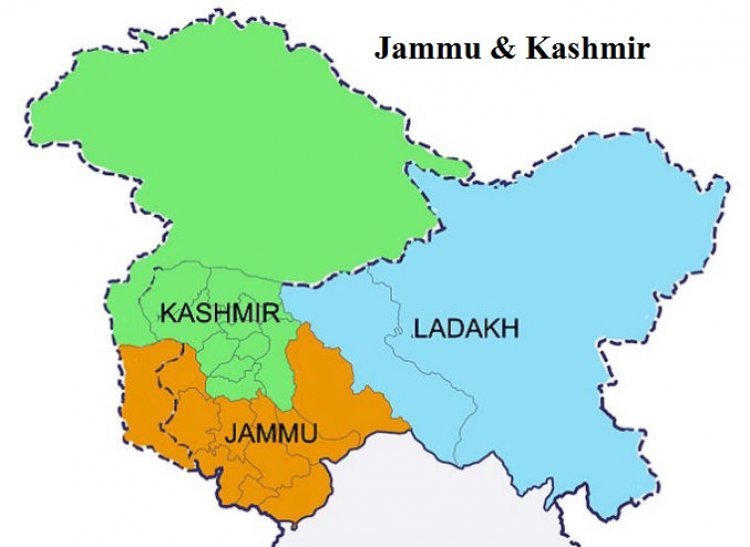Jammu and Kashmir: Consolidating Gains
Asia News Agency

In spite of the gains by security forces, the recruitment of young ethnic Kashmiris to jihadist groups has continued apace. Estimating numbers for last year isn’t easy, but many experts put the count around 200, nearly the same as in 2020.
Exact numbers matter less than the message, writes Praveen Swamy (journalist and author specialising on international strategic and security issues; currently the Group Consulting Editor at Network18 Group): “There’s a wellspring of political resentment, ideological rage and social dysfunction that terrorist recruiters are able to tap.”
Insecurities have sharpened
Like it or not, Swamy writes “the time couldn’t be better for jihadist groups to expand their operations in Kashmir. In some important senses, the debates within Kashmir over the restoration of its statehood or Constitution guarantees aren’t about their purported subject; these are a metaphor for wider insecurities that the region’s Muslims have about their future in India. As India’s always-fraught communal landscape has turned ever more toxic, those insecurities have sharpened.”
‘There isn’t a single Muslim in Kapurthala, Alwar or Bharatpur,’ Kashmir’s political patriarch, Sheikh Mohammed Abdullah, once said of the toxic legacy of Partition, noting that ‘some of these had been Muslim-majority states’. Kashmiris, he added, feared ‘the same fate lies ahead for them, too’.
Even today, “anxieties that ‘Hindu India’ might be preparing to seize Kashmir’s lands and eradicate its religion were stoked by Islamists……India, Islamist political leader Syed Ali Shah Geelani had warned, was working ‘on an agenda of changing the demography of the State’.
A generation of young Kashmiris listened, writes Swamy: “in 2010, and again in 2016, mobs battled police, seeing themselves as defenders of a beleaguered people and religion.
“The circumstances make it imperative for New Delhi to secure its political flanks in Kashmir, and engage a population deeply concerned about its future. The Indian armed forces are locked in confrontation with China, and the country’s economy has been battered by the pandemic; a simultaneous confrontation with Pakistan would be unsustainable……”
Among the options that exist before New Delhi is holding elections to the state Assembly and “consider lifting the Armed Forces Special Powers Act from some urban centres in the Valley……The time of act is now, if New Delhi isn’t to risk blowing its own hard-won gains.”
















